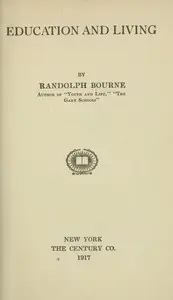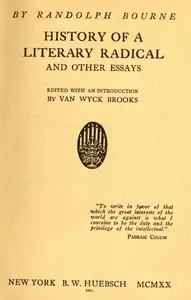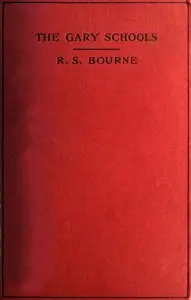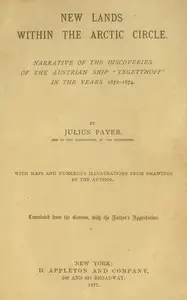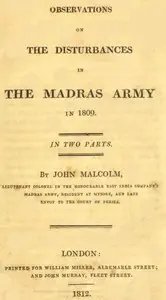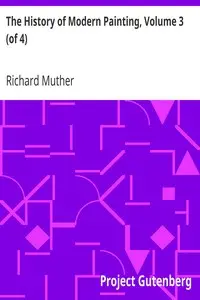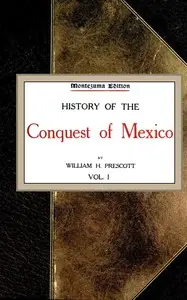"Untimely Papers" by Randolph Silliman Bourne is a collection of essays written in the early 20th century, reflecting on the societal and psychological implications of war and culture during World War I. The work predominantly critiques the intellectual class's support for the war and delves into the burdens of conformity placed upon individuals by societal expectations. The primary focus revolves around the impact of war on personal identity, freedom, and the annulling of ideals. At the start of "Untimely Papers," the editor's foreword introduces the significance of Bourne's perspective as a leading voice among the intellectuals of his time, emphasizing his disillusionment with mainstream attitudes toward the war. Bourne portrays the harrowing challenge faced by individuals, exemplified by a young friend who grapples with forced conscription amid a prevailing sense of apathy and resentment. This friend, more a product of societal norms than a free agent, embodies the struggle to reconcile personal aspirations with external pressures, highlighting Bourne's profound exploration of individuality in the face of a wider collective mentality influenced by war and societal expectations. (This is an automatically generated summary.)
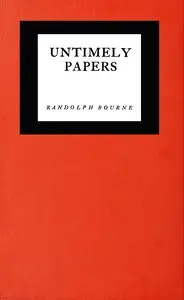
Untimely papers
By Randolph Silliman Bourne
"Untimely Papers" by Randolph Silliman Bourne is a collection of essays written in the early 20th century, reflecting on the societal and psychologica...
Randolph Silliman Bourne was a progressive writer and intellectual born in Bloomfield, New Jersey, and a graduate of Columbia University. He is considered to be a spokesman for the young radicals living during World War I. His articles appeared in journals including The Seven Arts and The New Republic. Bourne is best known for his essays, especially his unfinished work "The State," discovered after he died. From this essay, which was published posthumously and included in Untimely Papers, comes the phrase "war is the health of the state" that laments the success of governments in arrogating authority and resources during conflicts.

